Oil leases are agreements between an oil and gas company known as the lessee and mineral owners known as a lessor, in which the lessor grants the lessee the permission to explore, drill, and produce those minerals for a specified period known as a primary term or as long as the minerals continue to be productive. In this oil lease, the lessee is granted a working interest while the lessors receive royalty payments in exchange for oil and gas leases.
What does Oil and Gas Leasing Mean?
Oil and Gas leasing is a contract through which a landowner sanctions the exploration for and production of oil and gas on their land in exchange for an agreed royalty price.
Any license, lease agreement, sublease, occupancy or anything similar which a Lessee leases, sublease, licenses, or obtains rights to produce hydrocarbons from the property is called an oil and gas lease.
A landman creates the oil and gas lease after studying geologic maps and researching deeds and documents about properties in your area at your local courthouse. The lease is offered to the land and mineral owner if in this case is owned by one person in exchange for royalties. There are different types of oil and gas leases and we would discuss them here.
What are the different types of oil and gas leases?
There are different types of oil and gas leases that are usually presented by Landmen to landowners after making their research. This includes the Surface or Subsurface rights and the rights of first refusal, storage of gas and more.
Surface or Subsurface Lease
Surface or Subsurface lease involves granting the energy company certain rights that you may wish to limit when necessary. A standard lease will give the oil and gas company direct rights to use your property’s surface. The use of wheeled or tracked equipment in forests and fields to collect geologic information, the use of explosive charges underground to create sound waves that are used to record seismic data, the construction of drilling rigs, the grading of land for drilling pads and access roads, the storage of equipment, and parking or worksite activities for personnel are some examples of surface exploration. You can also limit the number of surface rights a lessee receives with a lease.
If the contract is a subsurface contract, then the company would be granted access to explore your property, drill, and produce minerals from your property. In this case, you can choose to restrict the activity that occurs on the land surface. You can also negotiate terms with the company in regards to surface use if the need ever arises.
Right of First Refusal
If you want to insist on a right of first refusal over an option to automatically renew your lease, you can include that in the lease. What happens after your lease is up is what is known as the right of first refusal. The oil company has the right of first refusal at that point to match any offer for renewing the lease it receives from a competitor.
This may be a better option for you than the option to automatically renew, which allows the oil and gas company to renew the lease. If you are a landowner, you might not want to choose automatic renewal since it essentially locks you into the original agreement. If you want to renew your gas lease, the right of first refusal will allow you to get the best deal.
Storage of Gas
There may be instances in which natural gas can be pumped back into a gas well after it has been extracted. This method is used to store gas so it can be sold at a premium during various seasons. Due to the winter’s higher demand, gas can be pumped down into formations during the summer under pressure, waiting for the right time in the winter for its release. Depleted gas reserves are used to store gas. While gas storage increases revenues from wellheads, it can also complicate gas leasing program.
Consider developing a separate gas storage lease agreement, possibly for additional income on gas royalties, independent of the original exploration and drilling lease. It is common for gas storage leases to be the responsibility of another company, so if gas storage is proposed in the exploration lease, it is usually easily negotiated. Make sure you understand how gas storage affects your gas royalties.
What is standard royalty on oil and gas leases?
Oil and gas lessees retain royalties on all production from their lease. The mineral rights owners receive a royalty interest since drilling and production costs are not deducted from it. Most oil and gas royalty interests are expressed as fractions or percentages. Nearly all mineral leases reserved an eighth of the royalty for many years. Royalty fractions are now negotiable and are generally between 1/8th and 1/4th.
How do oil and gas leases work for Oil and Gas Companies?
Exploration, development, and production of the resources located inside the leased premises are the primary goals. When the lease has been signed by mineral owners, they give up the rights to their land because of the interest they will receive on their lease sales. Upon becoming the lessee’s personal property, the lease gives the lessee the exclusive right to claim the oil as his or her possession.
Mineral exploration and production are permitted within an oil lease.
Upon concluding the agreement, the lessee can go ahead and conduct seismic exploration to determine the presence of subsurface trapping mechanisms that will enable mineral production.
How long does oil and gas lease last?
There are two terms in a gas and oil lease: known as the primary term and the secondary term. Normally, the primary term is for a specific amount of time which lasts between the period of 1, 3, 5, 7 or 10 years. Normally, the secondary term of your oil and gas lease goes into effect after the primary term has expired and the conditions specified in the term clause, or habendum clause, of your oil and gas lease, have been satisfied.
What happens when the oil and gas lease expire?
When the term of a lease expires, usually a secondary term lease kick starts automatically if it is agreed in the lease in the first place and runs until the well it no longer produces. When the secondary term kickstarts, the oil company will have to make an extension payment. Some landowners don’t add a secondary term to their lease agreement so when the lease expires, they can negotiate for a better deal with the oil companies.
What should I look for in an oil and gas lease?
A well-drafted lease with adequate legal protections and legal terms can benefit a landowner for many years to come, but a poorly negotiated lease can cause the landowner indefinite headaches and legal problems. Here’s what to look out for in an oil and gas lease;
- Gross or Cost-Free Royalty Provision: You have to ensure that you limit the fees taken out of your royalty through this provision
- Surface protection & Pugh Clause: When you have surface protections in your lease, you guarantee that you will get paid by the oil company if the drilling for crude oil disrupts your surface area.
- Length of lease: You should also consider the length of the lease before signing with an oil company to see if the lease favours you or not. The standard length of lease in most US states is from 5-10 years so if you’re in a position to negotiate the length of the lease, you should do so if it doesn’t favor you.
When are oil and gas leasing a bad idea?
The leasing of land for oil produce in a residential or agricultural area is bad. This is bad because companies are permitted through oil leasing to demarcate some part of the land and water to extract mineral resources. This can be bad for our environment and our climate as well. Factors and circumstances when leasing become a problem include;
- When siting an oil or gas well in a residential or agricultural area
- Drilling for oil beneath the streams and oceans surrounding a city
- Fracking the bedrock of a community river for oil and gas
- Mining for coal close to residential cities
How does the Biden administration latest decisions affect the oil and gas leasing industry?
The U.S. oil and gas industry representative, the American Petroleum Institute, said the proposals would add costs to domestic energy producers at a time retail gasoline prices were shooting above the roof. With calls for a boost to the royalties on oil and gas production, oil and gas companies may have their profits reduced after factoring in production costs.
Conclusion
Don’t forget that an oil and gas lease may affect your land right for many generations. Getting help from someone proficient in leasing oil and gas will be okay if you are not an oil and gas expert. Do your research and learn about the company you are dealing with. You can also contact Pheasant Energy; they are a professional oil royalties and mineral rights broker that anyone can ask for a consultation.
FAQ
1. What is Pugh clause in the oil and gas lease?
In oil and gas leases, the Pugh Clause prevents a lessee from asserting ownership of all lands, even if production occurs only on a fraction of the leased land.
2. What does paid up oil and gas lease mean?
This means you typically receive an upfront bonus from the company for which they do not have to do anything for the beginning of the primary term.
3. What is a top lease in oil and gas?
A top lease in oil and gas is a lease where the bonus consideration is paid at the time of signing the lease. The lease only takes effect after an existing one on the land expires or is terminated.
4. How much land is leased for oil and gas?
Only 10% of public lands are reserved for other uses, while 90% are leased to oil and gas developers.
5. How many leases are not used?
Can’t categorically say a number but production has not started in more than half of the 26 million acres of land under the federal lease program.

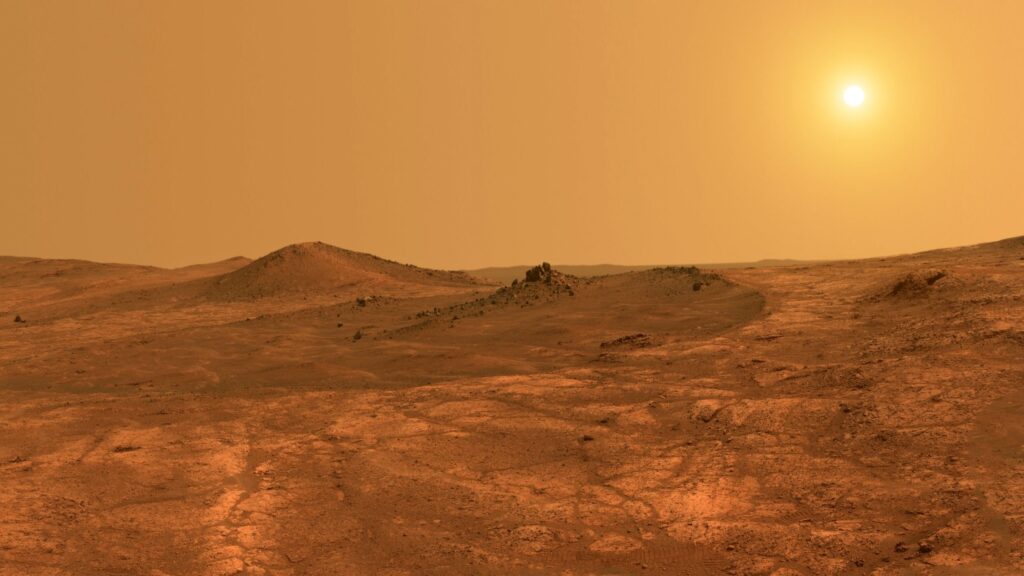
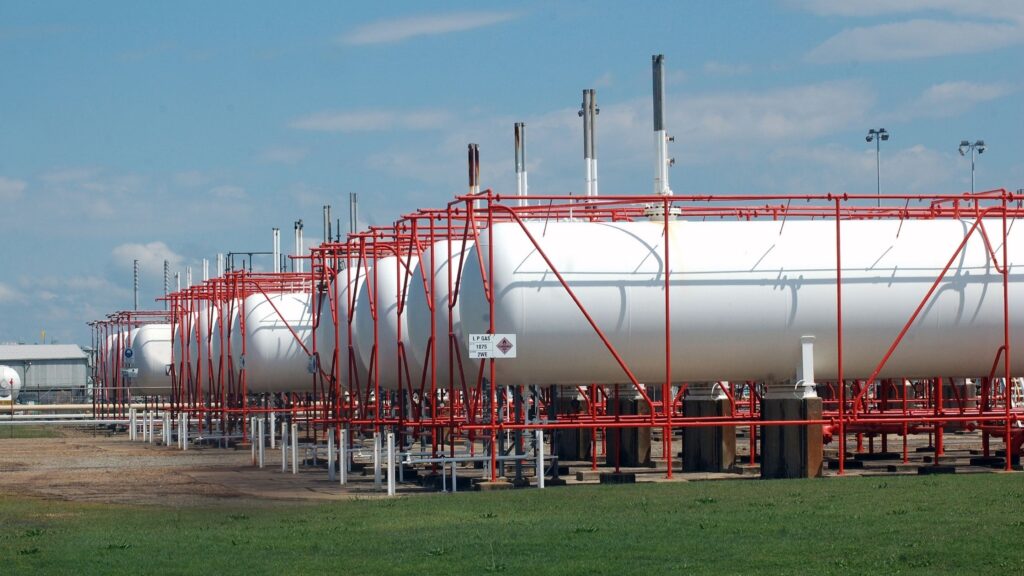
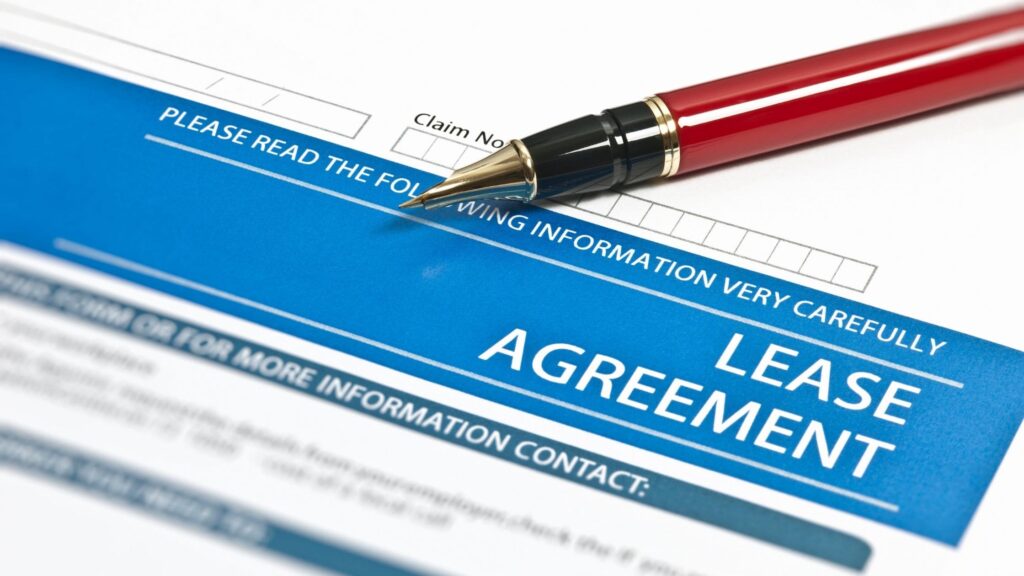
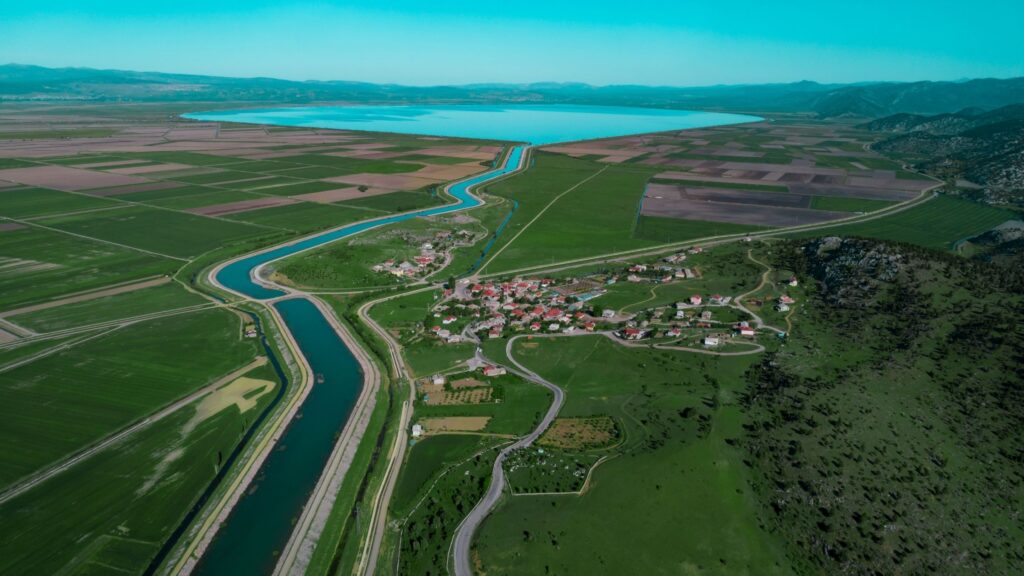
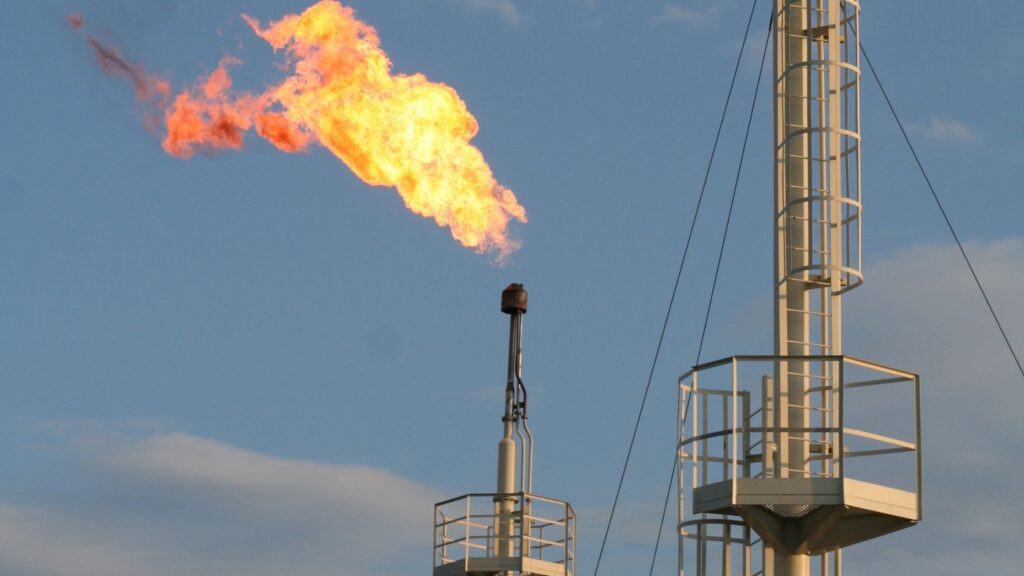



Leave a Reply